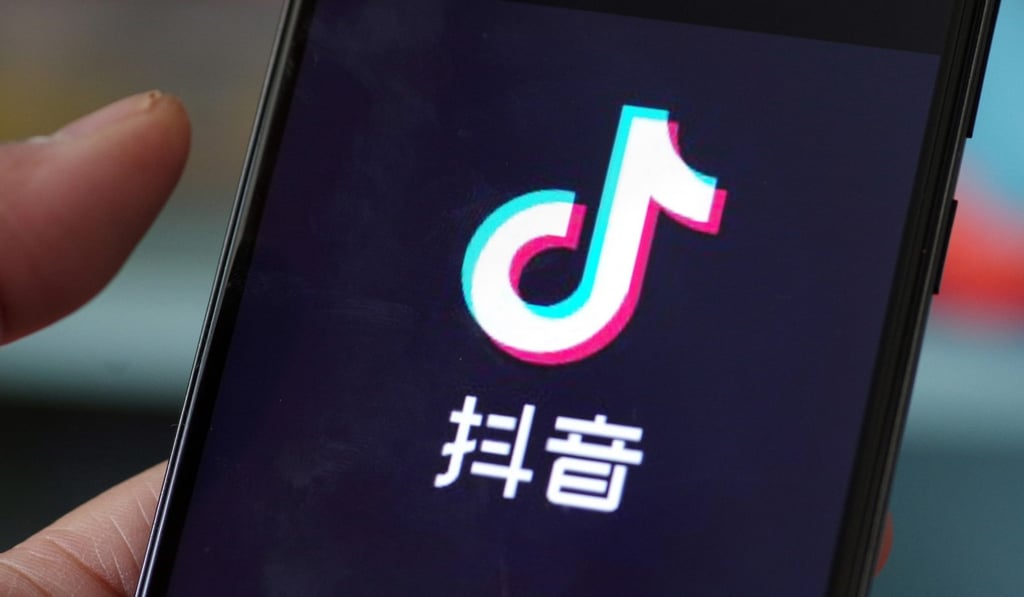World's most valuable start-up ByteDance slashes 'lucky money' for Year of the Pig as founder warns of challenging 2019
- Founder Zhang Yiming asked employees not to be disappointed with “much smaller” bonuses

ByteDance, the world’s most valuable start-up, slashed the amount of bonus it gave employees before the Lunar New Year, with founder Zhang Yiming becoming the latest of China’s technology industry leaders to warn of a challenging year ahead.
It is customary for many companies to give some form of discretionary bonus to their employees in the form of “red packets” for the Lunar New Year, the most important holiday in China. While discretionary, many employees have nonetheless come to expect the “red packets” as part of their formal pay.
This was likely on Zhang’s mind when he urged his staff not to be disappointed by the “much smaller” amounts they will receive in this Year of the Pig.
Without disclosing the amount, Zhang called on ByteDance employees to keep striving with a positive attitude as this year is set to post very big challenges, brought on by an “outside environment that is more difficult, complicated and turbulent”, he said in an email to staff on Wednesday.
Shrinking bonuses and Zhang’s warning of a grim year are the latest signs of a so-called tech winter in China, where talks of lay-offs and hiring freezes have gained ground in what was once one of the country’s fastest-growing sectors. The industry, especially for start-ups, is driven by investors looking to back the next big thing. That wall of money has slowed amid a slowdown of the world’s second-largest economy, exacerbated by a trade war with the US.
